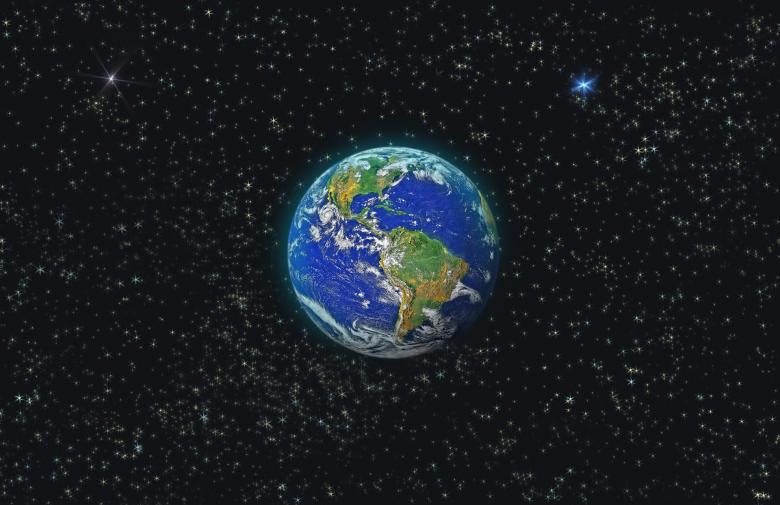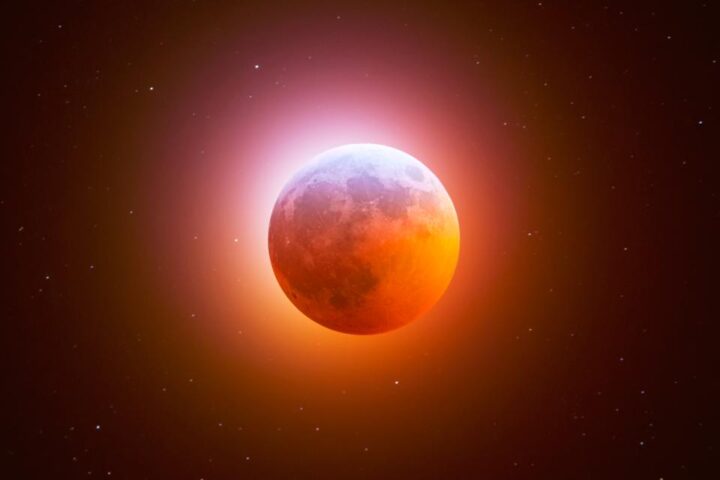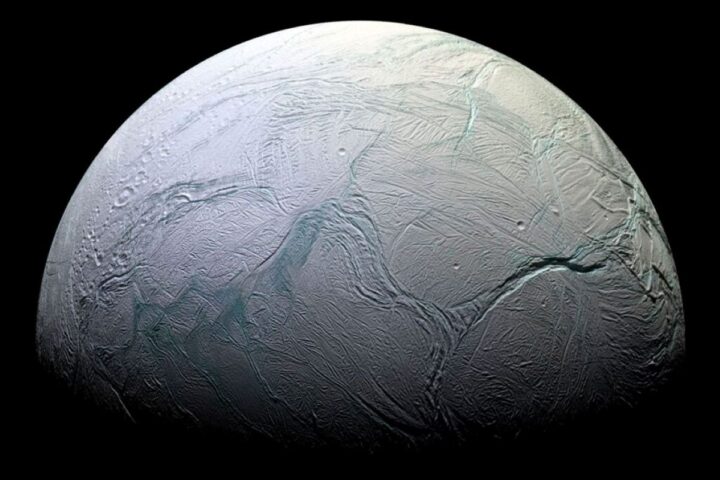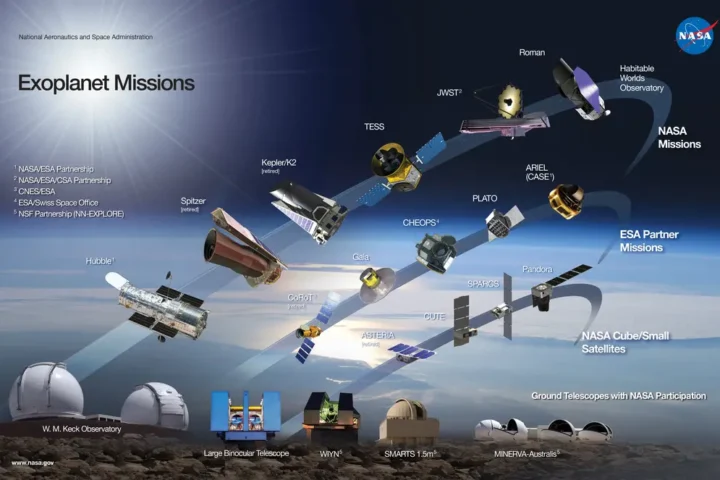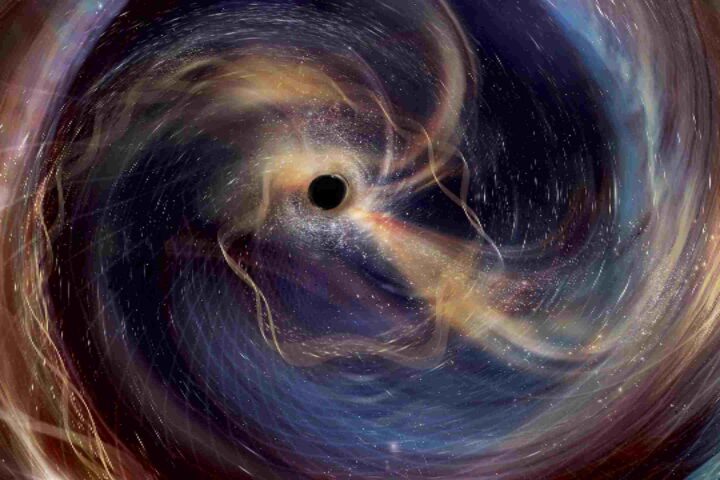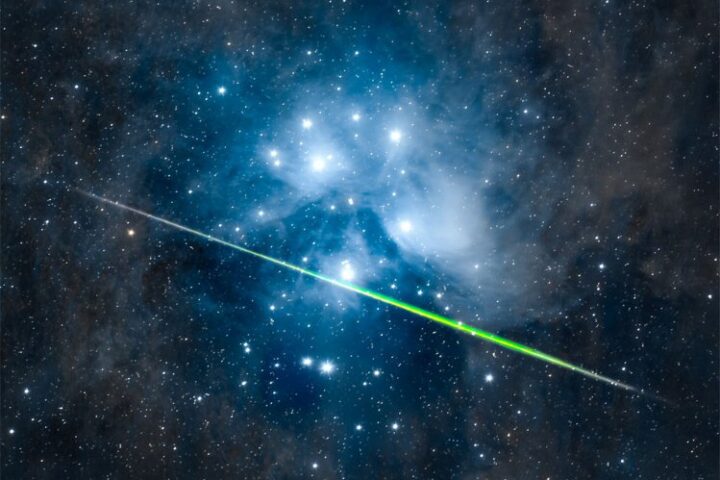Your day will be a bit shorter this summer, though you won’t notice the difference. On July 9, July 22, and August 5, 2025, Earth will spin slightly faster than normal, shaving between 1.3 and 1.51 milliseconds off the standard 24-hour day.
Scientists predict August 5 will be the shortest day, with Earth completing its rotation 1.51 milliseconds faster than usual. While impossible to feel, these tiny time changes continue a surprising trend that began in 2020, when Earth started spinning faster than it had in decades.
“Nobody expected this,” says Leonid Zotov, an Earth rotation expert from Moscow State University, who admits scientists still can’t fully explain why our planet is suddenly in such a hurry.
The main reason for these specific shorter days is the Moon’s position. During these dates, the Moon will orbit farther from Earth’s equator and closer to the poles, reaching an angle of up to 28 degrees relative to our equator. This position changes how the Moon’s gravity pulls on Earth, giving our planet a slight spin boost.
Think of it like a figure skater spinning on ice. When skaters pull their arms close to their body, they spin faster. Similarly, when the Moon’s gravitational pull shifts just right, Earth spins a tiny bit quicker.
Similar Posts
Earth’s rotation isn’t as steady as most people think. Our planet’s molten core shifts constantly, ocean currents move massive amounts of water, and even major earthquakes can affect how fast we spin. The 2011 Japan earthquake, for example, moved Earth’s axis by about 17 centimeters and shortened the day by 1.8 microseconds.
Climate change also affects Earth’s spin, but in a seemingly opposite way. NASA research shows that since 2000, melting glaciers have shifted Earth’s axis by about 30 feet. This typically slows rotation rather than speeds it up, increasing day length by about 1.33 milliseconds every century.
Even Richard Holme, a geophysicist at the University of Liverpool, points out that seasonal changes affect Earth’s spin: “In northern summer, the trees get leaves. This means that mass is moved from the ground to above the ground—further away from the Earth’s spin axis,” which actually tends to slow Earth down, not speed it up.
While these millisecond changes won’t disrupt your daily schedule, they matter tremendously for technology. Your GPS navigation, internet connections, and even financial markets rely on ultra-precise timing. A tiny mismatch between atomic time and Earth’s actual rotation could throw off navigation systems by hundreds of meters or disrupt synchronized digital networks.
To keep atomic time aligned with Earth’s rotation, timekeepers have added 27 “leap seconds” since 1972. But if Earth keeps spinning faster, scientists predict they might need to subtract a second—a “negative leap second”—for the first time ever, possibly around 2029.
The International Earth Rotation and Reference Systems Service continuously monitors these changes using about 450 atomic clocks worldwide. These remarkable timepieces are so precise they gain or lose only about one second every 100 million years.
Despite current acceleration, scientists believe Earth will eventually slow down again. “Sooner or later, Earth will decelerate,” says Zotov, though nobody knows exactly when.
For those worried about potential dangers, scientists offer reassurance. Duncan Agnew, a geophysicist at the Scripps Institution of Oceanography, describes the situation as “unprecedented” and “a big deal” scientifically but emphasizes “it’s not a huge change in the Earth’s rotation that’s going to lead to some catastrophe.”
These shorter days remind us that even something as reliable as the 24-hour day isn’t actually constant. Our planet remains dynamic, responding to cosmic forces that have shaped Earth’s rotation for billions of years.
